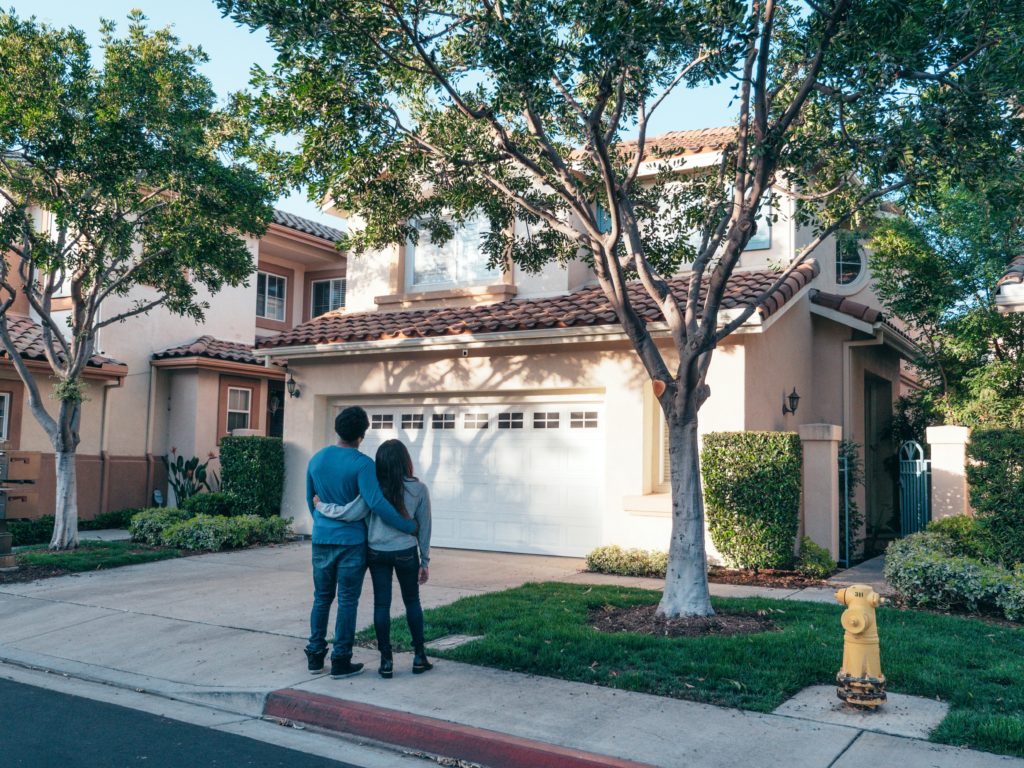
Published — June 1, 2022
The following post does not create a lawyer-client relationship between Alburo Alburo and Associates Law Offices (or any of its lawyers) and the reader. It is still best for you to engage the services of your own lawyer to address your legal concerns, if any.
Also, the matters contained in the following were written in accordance with the law, rules, and jurisprudence prevailing at the time of writing and posting, and do not include any future developments on the subject matter under discussion.
Aside from foreclosure of REM, you may also read: Repossession of mortgaged automobiles
-
Real Estate Mortgage may be foreclosed by filing a complaint in court
-
Real Estate Mortgage may be foreclosed without filing a complaint
-
A mortgagor or debtor may redeem his or her property
There are two kinds of foreclosure under Philippine Laws. What are they?
Under Rule 68 of the Rules of Court:
The first kind of foreclosure of Real Estate Mortgage is called Judicial Foreclosure.
It is done by filing a complaint in the Regional Trial Court of the place where the property is located. In case a two-storey house located in Baguio City was mortgaged by the owner, may a complaint for foreclosure be filed in Makati City? No. Do note that the location of the property mortgaged is the basis as to where should a complaint be filed.
For clarity, mortgagee/creditor is the person whom the real property has been mortgaged. The person who mortgaged his or her property is called mortgagor/debtor.
Now, if, after due notice and hearing, the court finds that the mortgagee/creditor is entitled to the relief prayed for, the court will render judgment ordering the mortgagor/ debtor to pay the amount owed to the creditor.
The debtor has a chance to pay the amount within a period of not less than ninety (90) days nor more than one hundred twenty (120) days counting from the finality of judgment. What happens when the debtor fails to pay his or her obligation during the period of 90 to 120 days?
The Rules of Court says:
The property covered by the REM shall be sold to the highest bidder at a public auction to satisfy the judgment. After which, the sale shall be confirmed judicially.
The proceeds of the sale of the property shall be disposed in the following manner:
- Cost of the sale
- Amount of principal obligation and interest
- Junior encumbrances, if any
- If there is an excess amount, the same will go back to the debtor
- If there is a deficiency, the creditor can ask for deficiency judgment. This time, the deficiency judgment can be imposed on another property of the debtor.
What is the other kind of foreclosure of REM? May a REM be foreclosed without going to court?
Act 3135, as amended says:
The creditor need not initiate an action in court but may simply file an application before the Clerk of Court to secure attendance of the Sheriff who will conduct the public sale. This is called “Extrajudicial foreclosure.” The sale cannot be made legally outside the city or province wherein the property is situated.
However, the sale must be under a special power inserted in or attached to the REM itself or was embodied in a separate document attached to the REM.
May parties omit the special power to sell?
Is a mere agreement of both parties’ amenability to extrajudicial foreclosure enough?
Philippine jurisprudence says:
The answer to both questions is NO.
In the case of Spouses Benito Baysa and Victoria Baysa vs. Spouses Fidel Plantilla and Susan Plantilla et. al., G.R. No. 159271, July 13, 2015, the Supreme Court ruled that the requirement for the special power or authority to sell finds support in the New Civil Code of the Philippines.
To note, the sale of the property would be by virtue of the extrajudicial foreclosure through the Sheriff. The Sheriff and the creditor, in essence, will act as agents of the debtor. Thus, there must be a written authority from the debtor; otherwise, the sale shall be void.
After the sale, the debtor or his successors-in-interest, may redeem the property at any time within the term of one (1) year from and after the date of sale.
May the period to redeem a property sold in an extrajudicial foreclosure sale be extended?
Philippine jurisprudence says:
In the case of Makilito B. Mahinay vs. Dura Tire and Rubber Industries, Inc., G.R. No. 194152, June 05, 2017, the one (1) year period of redemption is fixed. It is NOT extendible. The reason is to avoid prolonged economic uncertainty over the ownership of the thing sold.
Alburo Alburo and Associates Law Offices specializes in business law and labor law consulting. For inquiries, you may reach us at info@alburolaw.com, or dial us at (02)7745-4391/0917-5772207.
All rights reserved.
SUBSCRIBE NOW FOR MORE LEGAL UPDATES!
[email-subscribers-form id=”4″]



What are the important documents need for attachment in filing petition of extra judicial foreclosure?
and alternatives documents if there are some missing?
Hello,
may I ask if you’re article also applies to condominium?
What are the necessary steps to take and the documents that shall be preseneted?
Keep functioning ,remarkable job!
Thanks for a clear presentation.
What happens when you receive a notice of foreclosure? What should I do? We have 5months missed payments and planning to pay ASAP but I received a notice of foreclosure letter. I don’t know what to do.